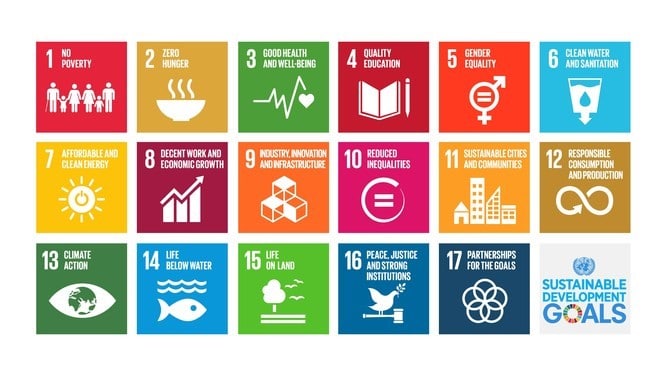Why are Mexico and Japan’s Economic Zones Special?
On 29 September, President Enrique Peña Nieto formally launched an initiative he had first announced in November 2014 to create, for the first time in Mexico, three special economic zones (SEZs) in the country’s poorest states. The next day, Peña Nieto submitted to Congress the draft of the law that will set the rules and conditions for the creation and operation of these zones.







